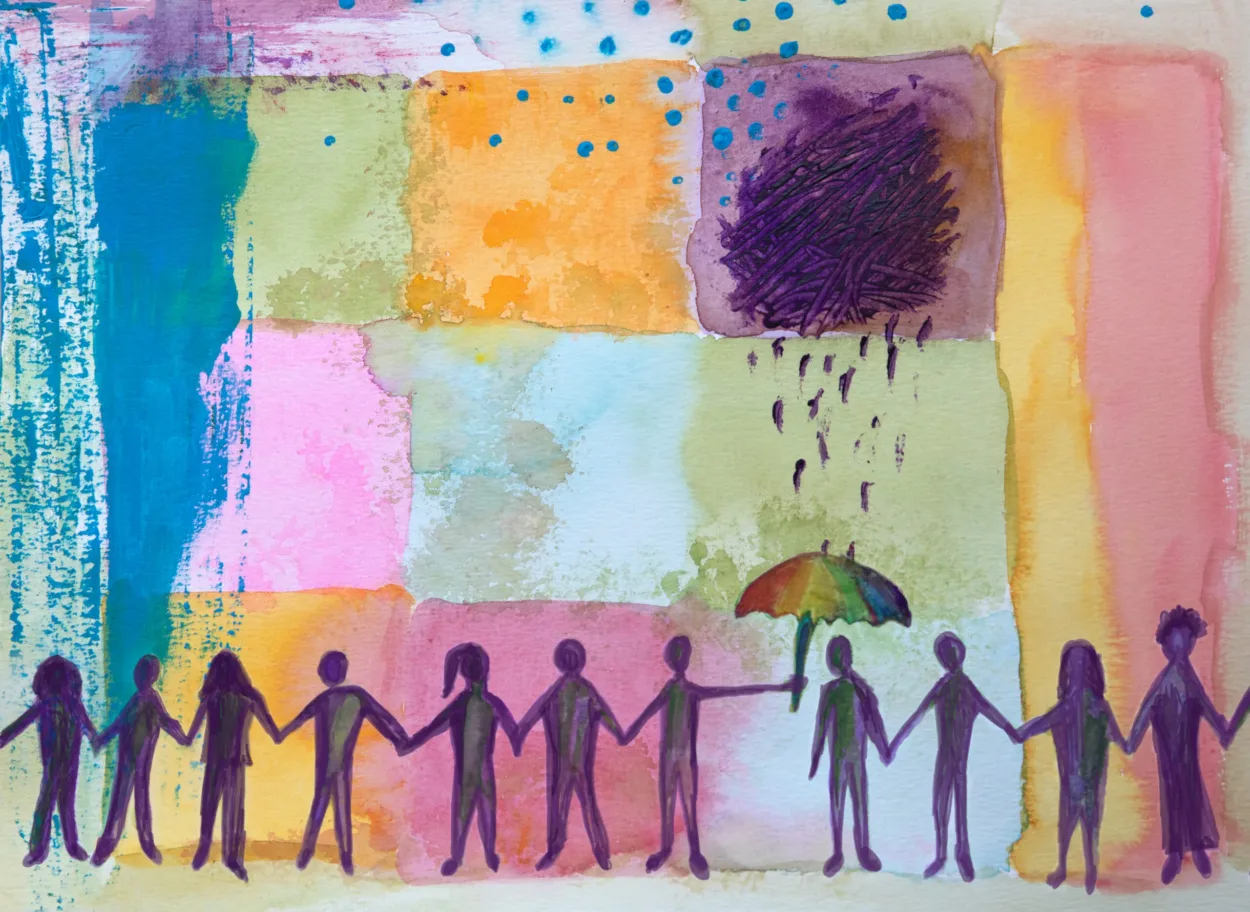
We’ve made a lot of progress in Western culture when it comes to recognizing and normalizing mental health conditions and their various treatments, but there’s always more that can be done.
One harmful mentality that continues to be passed down through generations is the belief that psychological challenges are reserved for adults only; that teens are “too young” to be anxious, depressed or have “no reason” to have developed a mental health disorder.
There are multiple differences between teen mental health issues and adult mental health issues, but the truth that sits at the center of each of these is that people of any age can struggle with mental health because mental health is not limited to any one age.
In this article, we’re going to give you a brief overview of the main differences between teen mental health and adult mental health.
Teen mental health issues
Identifying mental health conditions in adolescents and teenagers can be tricky, for parents and healthcare providers alike.
Mood disorders — like depression and anxiety — commonly manifest symptoms that are similar or even appear identical to the average teenager’s changing-hormones-induced moodiness.
Many of the physical symptoms that are affected by the presence of a mental health condition can also be confused with the standard bodily changes that growing children are going through.
Children are still maturing mentally and emotionally in their teenage years, which means they’re still learning how to function, cope, adapt, evolve and grow. Oftentimes, they don’t know how to properly diagnose and manage a mental health condition, but also being reluctant to be open with their parents, may unconsciously disguise the condition as simply “having an attitude.”
Differentiating the presence of a mental health disorder from the challenges that have arisen as a result of the child’s natural growth and development can be difficult, and must take into account the full spectrum of the child’s behavior, lifestyle and history.
Adult mental health issues
Mental illnesses are most commonly associated with the young-to-middle-aged demographic, and they’re not entirely wrong.
More than one in five adults in the United States are actively living with a mental illness, with there being a rise of mental illness cases in children under 18, and going all the way down to elementary-aged children.
The challenge with adult mental health issues is that most adults have established emotional “walls” or unhealthy coping mechanisms that they’ve strengthened for years or even decades. While the average adult is typically more emotionally and mentally mature than the average teenager, adults with mental health conditions are stunted in their own ways.
Mental health risk factors
The life challenges and problems the average teenager is facing are generally very different from what your average twenty-, thirty- or even forty-something adult is facing.
The factors that lead to the development of mental health issues are, therefore, generally very different from each other, even if the symptoms are manifesting in the same way.
For example, a 15-year-old student and a 31-year-old accountant can both suffer from anxiety.
For the teenager, her stress is stemming from the sharp decline in their grades that’s been occurring as a result of how much she’s being bullied at school. For the account, his stress is rooted in their fear that he thinks he might be getting fired on Friday.
Both the teenager and the adult have very different factors that are influencing their anxiety, but both may be exhibiting the same signs of restlessness, irritability, insomnia and poor appetite.
Some factors can be universal in their impact, such as trauma, experiencing discrimination, poverty, chronic illness or losing a loved one; others are more age-relevant, such as homework versus a career. In most cases, multiple factors play a role in causing a mental health condition to develop or exacerbate.
If you think you or your teen is struggling with a mental health condition, or you could use some guidance and resources to learn how to better take care of your mental health, reach out to us.
Speak with an advisor today
Here at The Light Program, our mission is to help relieve your symptoms of a variety of mental health challenges in the present and equip you with the tools to be able to do so at any time in the future when new challenges arise.
Whether you’re ready to enroll in one of our programs or would like to speak with an advisor and learn more about what the next best steps for you or your child are, we’re ready to help.
Send us a message or give us a call today to get started.





